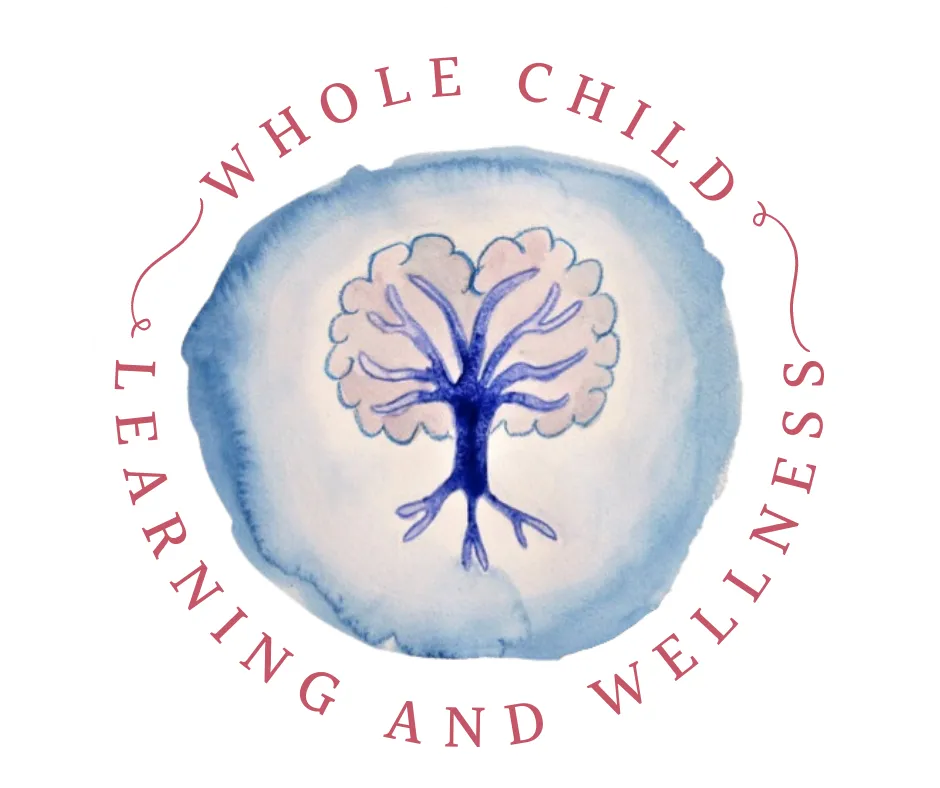LEARN WHERE YOUR STUDENTS ARE SO YOU CAN TAKE THEM TO WHERE THEY NEED TO BE

A Qualitative and Quantitative Developmental Assessment and Intervention Protocol
Students who struggle in math do not progress if they are asked to perform tasks that are above their developmental level.
Assessments - Assess students with interviews to see how they are functioning within all the developmental mathematical levels. Designed for use from kindergarten through sixth grade.
Track Student Progress -
Use skills in the developmental math phases to track progress through use of a variety of individual and group recording forms.
Strategic Activities
- Proven activities that support students to move from one developmental phase to another that can be incorporated into centers or given as individualized homework.
If you teach elementary math, this is for you!
There is nothing more powerful than knowing exactly where your student is developmentally in mathematics so you know how to make strategic goals for your small group or intervention time.
If you teach children in the upper elementary grades, it is possible you don't have the primary background to know the phases they children naturally pass through as they acquire an internal understanding of mathematics. Even so, often times those children were just told what to do and if they were not developmentally ready, they may have developed some inefficient compensation strategies, such as using tally marks for adding three digit numbers.
Knowing in which developmental phase your student is working will give you power to make the right instructional decisions to help move him forward in a natural progression, rather than forcing him to perform at a frustrational level.

Lisa Ann de Garcia Is the founder of Whole Child Learning and Wellness, an educational and wellness center focusing on children who struggle with learning, behavior and motor issues. As a former educator/learning specialist of 25 years and a mother of an adult child with autism, she has learned a plethora of modalities that she blends in order to serve the needs of the whole child, including developmental mathematics, neurodevelopment, functional neurology, cognitive training, nutritional support, and energetic balancing.
In addition to working privately with families, Lisa Ann also teaches workshops and courses to parents, teachers, and other professionals who work with struggling children.

Whole Child Learning and Wellness | © Copyright 2022 | All Rights Reserved